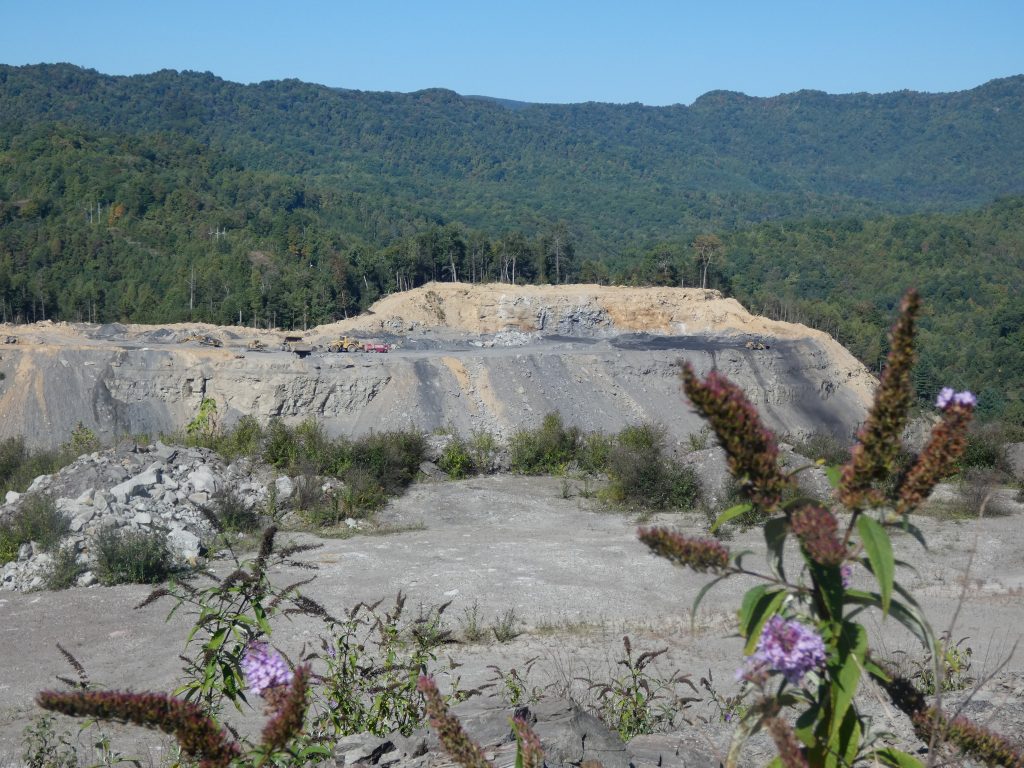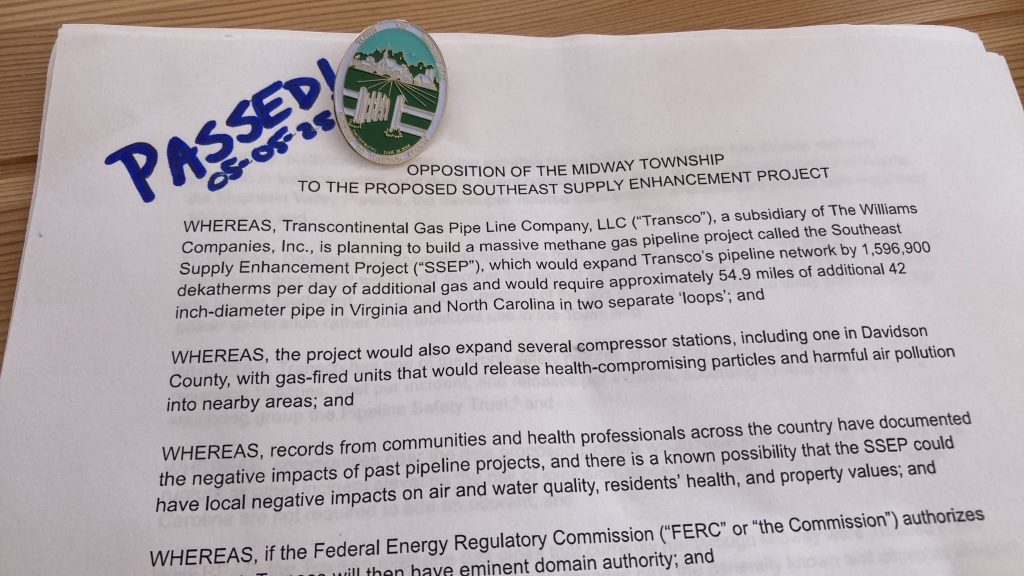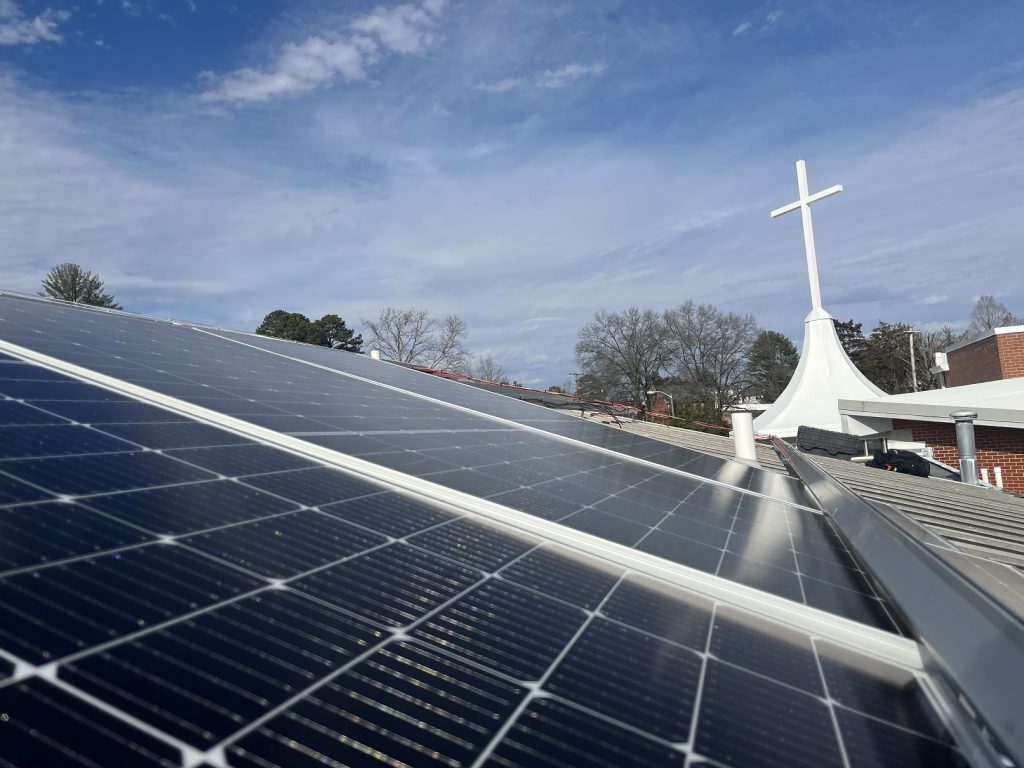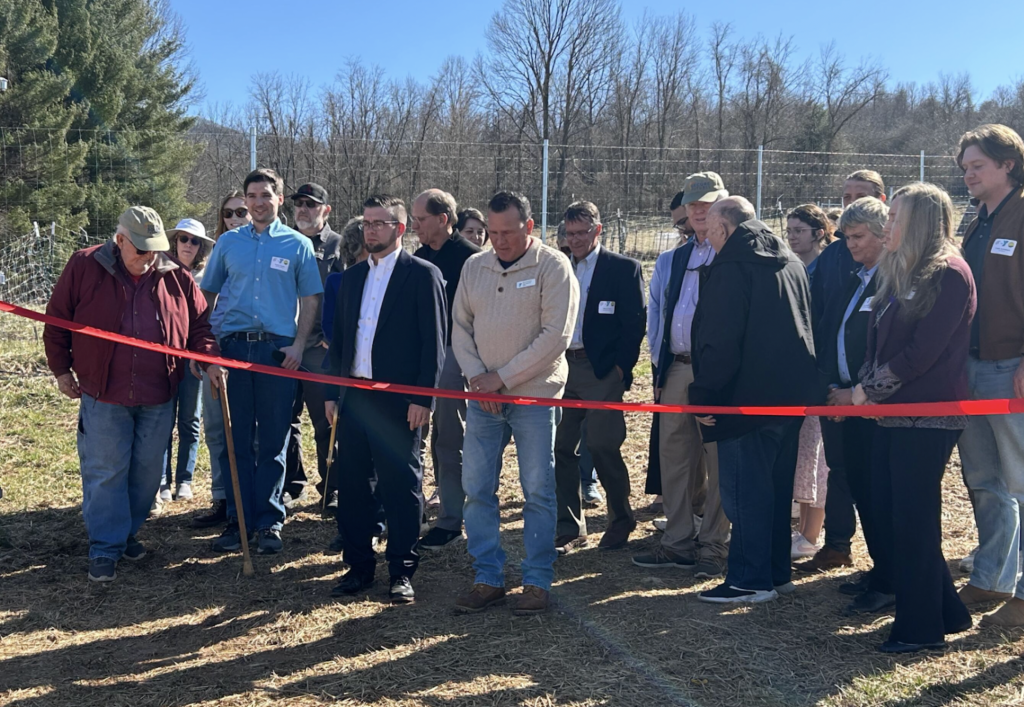Cleaning Up Coal Ash
For well over a century, power plants across the country have burned coal to generate electricity. And for just as long, leftover coal ash has been dumped in open, unlined pits near the power plant, usually located on a river or lake. Every year, U.S. power plants produce 130 million tons of coal ash, which is the second largest waste stream in the country after municipal garbage.
Coal ash concentrates the toxic heavy metals found in coal, including arsenic, mercury, lead and selenium. Stored in unlined, wet impoundments, coal ash has been leaking these toxics into our groundwater and surface waters for years. Sometimes these impoundments collapse — with disastrous results.
Yet government regulations for coal ash management are either non-existent or sparse, and there is little enforcement of the regulations that do exist. In North Carolina, this lack of oversight — and the complicity between state regulators, elected officials and Duke Energy — came to a boiling point in February 2014 when one of Duke’s coal ash impoundments spilled 39 million tons of ash into the Dan River.
Citizens living near North Carolina’s 33 coal ash impoundments — all of which have leaked — have fought for transparency from Duke and the state, and for cleanup of the pollution that threatens their property value, health and family. Their actions forced this issue into the headlines of news networks and to the forefront of environmental justice conversations in the United States.
Appalachian Voices stood with these communities as we worked for years to compel Duke Energy and the N.C. Department of Environmental Quality to excavate coal ash from all the North Carolina sites and dispose of it either in lined, dry landfills, away from waterways, or by recycling it for concrete or other uses, provided it’s done in a manner that protects public health and the environment.
On Jan. 2, 2020, North Carolina announced a historic settlement with one of the state’s most powerful corporations and polluters, Duke Energy. The settlement requires Duke to move nearly 80 million tons of toxic coal ash at six of its power plants to properly lined landfills onsite or recycle it.

Learn information about specific coal ash impoundments in the South, including health threats and safety ratings:
Additional Resources
Fact sheets, videos, links to academic research, and more
Sign Up to Act
Help us protect the health of our communities and waterways.
Latest News
South Fork Coal Company: ‘a trail of pollution, debt and disregard’
Since late 2023, Appalachian Voices has worked closely with the West Virginia Highlands Conservancy, Allegheny-Blue Ridge Alliance and other partners to defend the Cherry River from South Fork Coal’s negligence, and to resist this coal company’s encroachment into the Monongahela National Forest.
Roanoke City Public Schools invests in students and saves big with solar
On a beautiful, sunny, clear Earth Day, leaders adorned with green ribbons from the Roanoke City Public Schools were taking in the view — not the view of McAfee Knob and Tinker Mountain looming in the distance, but of roughly 300 shiny new solar panels mounted atop the William B. Robertson Administration Building in downtown Roanoke.
Justice family coal company faces contempt hearing over broken cleanup promises
A&G Coal Corporation, the coal company majority-owned by U.S. Senator Jim Justice and managed by his son Jay Justice, is under renewed legal scrutiny — this time for failing to comply with a federal consent decree that was supposed to ensure the long-overdue cleanup of three major surface mines in Wise County, Virginia.
Midway Town Council passes resolution opposing Transco’s Southeast Supply Enhancement Project
Midway became the first municipality to pass a resolution against the proposed Southeast Supply Enhancement Project. Transcontinental Gas Pipe Line Company, LLC — a subsidiary of Williams Companies commonly referred to as Transco — wants to construct 54 miles of methane gas pipeline and increase the horsepower of compressor stations in Virginia and North Carolina.
Appalachian organizations implore Congress to defend “transformative” energy tax incentives
Today, 20 organizations from across the Appalachian region including businesses, faith institutions, farms, schools and nonprofits, delivered a letter to members of Congress urging continuation of the federal energy tax credits that support their own completed or in-development energy projects.
Solar’s Here to Stay at the YMCA!
Earlier this spring, community members and solar experts gathered to celebrate the opening of the Tazewell Four Seasons YMCA’s new solar array, which was made possible in part by federal clean energy tax credits that are now at risk.











